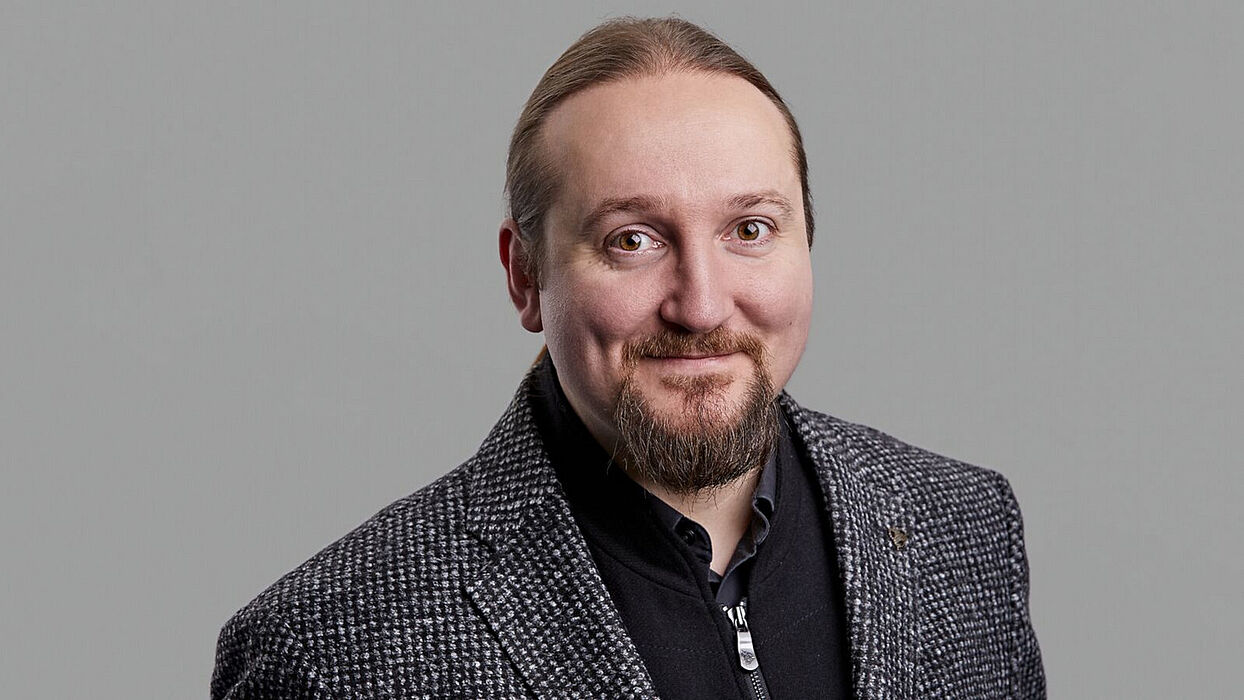An inspiring career
Ricardo Usbeck, now Professor of Artificial Intelligence and Explainability at Leuphana University Lüneburg, looks back on a career that began during his studies in computer science at the University of Halle. After his bachelor's and master's degrees, his doctorate took him to Leipzig, followed by professional positions in Paderborn, Dresden, Hamburg and finally Lüneburg. With a passion for interdisciplinary work, he now combines technology, creativity and social issues in research and teaching.
From dry theory to inspiring practice
Ricardo's decision to study computer science was initially a pragmatic one: he was looking for a subject with good career prospects. However, he soon realised that specialist knowledge alone was not enough for him. So he supplemented his studies with art and geography, which sponsored his creative way of thinking and his holistic view. Today, he uses these approaches in projects that tackle social problems with technological solutions.
Mastering challenges during his studies
Ricardo describes studying computer science as challenging, mainly because of the tight schedule and high demands. His strategy? Intensive work phases combined with a balance of sport and cultural activities. He particularly emphasises the value of teamwork during his studies: "Computer science is a team sport," he says. This principle still runs through his work today, in which he works closely with colleagues from a wide range of disciplines, even outside of computer science.
The step into science
A formative experience and the subsequent decision to work in science was a negative experience in industry, which strengthened his decision in favour of research and teaching. Freedom and personal responsibility in research motivated him to pursue an academic career. Today, he leads a team of around 20 people and works on topics such as AI ethics, creative technologies and the social integration of AI.
Practical tips for students
Ricardo recommends that students gain practical experience alongside their studies: "Do as many SHK jobs as possible - you learn things there that your studies don't cover." During his studies, he himself worked on projects ranging from plant genetics to analysing train delays.
He also advocates regular breaks, and by that he doesn't just mean study or work breaks, but also holidays "which are incredibly important for recharging your brain and generating new ideas."
The most important thing: keep at it
Ricardo has a clear message for students who feel overwhelmed by the challenges of studying: "Keep at it and think outside the box." Regular breaks and the courage to try new things are crucial for success and personal development.
A look into the future
Ricardo Usbeck sees teaching and interacting with students as a great enrichment. "The contact with young people keeps me in touch with the times and inspires me time and time again." With his work, he not only wants to advance science, but also society.

